Navigating the Tides of Marriage in First Responder Culture: The Role of Counseling
Navigating the Tides of Marriage in First Responder Culture: The Role of Counseling
Marriage in the life of a first responder is often likened to navigating a ship through both calm and stormy seas. The unpredictable and demanding nature of first responder roles—be it in law enforcement, firefighting, emergency medical services, or others—brings unique challenges to marital life. Long hours, exposure to traumatic events, and the ever-present element of danger can create emotional distances, misunderstandings, and stress in a relationship.
Communication: The Anchor in Rough Waters
One of the most significant challenges in these marriages is communication. The high-stress experiences that first responders encounter at work can lead to a tendency to "shut down" or avoid discussing work-related issues at home. This silence, though often well-intentioned, can create a gap between partners. It’s vital to establish a communication bridge where both partners feel safe to express their feelings and experiences.
The Role of Counseling: A Guiding Light
This is where counseling plays a crucial role. Counseling offers a structured and supportive environment for first responders and their spouses to openly discuss their feelings, fears, and aspirations. It's not just about dealing with problems, but also about strengthening the relationship's foundation. Counselors who understand the first responder culture can provide tailored guidance and strategies to cope with the unique stressors these couples face.
Strategies for Strengthening Marital Bonds
Regular Check-ins: Set aside a time each week for a check-in. This shouldn't be just a rundown of the week's events, but a time to really connect emotionally.
Shared Activities: Engage in activities outside of the job that both partners enjoy. This can be a powerful way to reconnect and create positive memories.
Understanding and Patience: For the non-first responder spouse, it's important to cultivate understanding and patience. The demanding nature of first responder work can lead to fatigue and stress, which might affect interpersonal interactions.
Support Networks: Leverage the support of others who understand your lifestyle. Connecting with other first responder families can be a great source of comfort and advice.
Embracing Vulnerability: First responders are often trained to maintain a strong exterior. In a marriage, however, showing vulnerability can strengthen bonds.
The marriage of a first responder is a journey with its own set of challenges, but with the right tools and support, it can also be immensely rewarding. Counseling offers a valuable resource in navigating these waters, providing strategies to strengthen communication, understanding, and emotional connection. By committing to work together through the highs and lows, first responder couples can build a resilient and fulfilling relationship.
